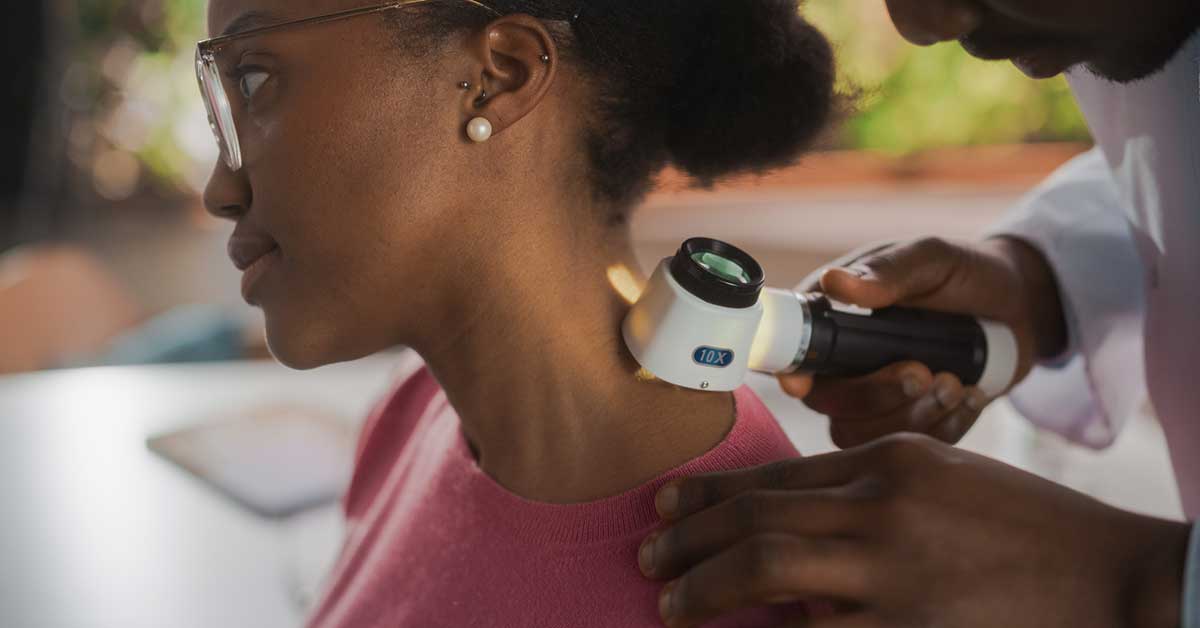Understanding a merkel cell carcinoma diagnosis
Shedding Light on Jimmy Buffett’s
Rare Skin Cancer – Merkel cell carcinoma
In the summer of 2023, the world was rocked by the news of Jimmy Buffett’s diagnosis and passing from Merkel cell carcinoma (MCC), shedding light on a cancer that often lurks in the shadows of medical awareness.
Known for his laid-back island tunes like “Margaritaville” and “Cheeseburger in Paradise,” Buffett’s music has been a soundtrack for those seeking a slice of tropical escapism and evokes images of endless summers and sandy shores, capturing the essence of outdoor, coastal living.
The irony of his cancer diagnosis contrasts sharply with the vibrant, sun-filled imagery his music promotes, reminding us that skin cancer doesn’t discriminate – even the most beloved figures can be affected. His battle highlighted the importance of early detection and comprehensive treatment options in the fight against MCC.
As we reflect on Buffett’s legacy, let us honor his memory by spreading awareness and striving for advancements in the fight against Merkel cell carcinoma.
What Is Merkel Cell Carcinoma?
The American Cancer Society reports about 2,000 new cases each year in the United States. Merkel cell carcinoma is much less common than most other types of skin cancer, but it’s one of the most dangerous types.
Merkel cells are mainly found at the base of the top layer of the skin (the epidermis). Merkel cell carcinoma is an uncontrolled growth of cancer on these skin cells. Merkel cell carcinoma often presents as a skin-colored or bluish-red bump on sun-exposed areas like the head, neck, and arms, but can also appear anywhere on the body.
Many cases of MCC are caused by the Merkel cell polyomavirus (MCV), especially in those with weakened immune systems . MerkelCell.org states “Most people have been infected with Merkel virus at some point in their lives and will never show any symptoms of infection.” This is what makes the cancer so fast spreading – in the same way a flu virus would attack your body, MCV overtakes your healthy cells.

Merkel Cell Carcinoma vs. Melanoma
Melanoma and Merkel cell carcinoma are both types of skin cancer, but they have distinct characteristics:
- Origin: MCC arises from Merkel cells while melanoma develops from melanocytes, the cells responsible for producing the pigment melanin.
- Presentation: MCC often presents as an single spot or dome-shaped lump that may be red or violet in color while melanoma typically presents as an evolving mole.
- Severity: MCC is more aggressive than melanoma but both can be treated in the early stages.
- Risk Factors: While the exact causes are not confirmed, they do share some common risk factors, such as ultraviolet (UV) radiation from sun exposure and tanning beds, a weakened immune system, and aging.
Why Merkel Cell Carcinoma Poses a Serious Threat
Although Merkel cell carcinoma is three to five times more likely to be fatal than melanoma, early detection and treatment are key to success.
MCC can easily spread to other parts of the body, making it difficult to combat. The good news is that advanced cancer treatments like Immunotherapy, chemotherapy, and radiation increase the chances of successful outcomes.
Contact Us
Shield Your Skin
Enjoying the sun and water this summer is a delight for those who love the outdoors and embrace the Jimmy Buffett lifestyle. While basking in the sun and splashing in the waves can be invigorating, it’s essential to stay vigilant about skin health to prevent skin cancer.
Protect yourself by applying a broad-spectrum sunscreen with an SPF of 30 or higher and reapply it every two hours or immediately after swimming or sweating. Wearing protective clothing, such as wide-brimmed hats and UV-blocking sunglasses, can also shield your skin from harmful UV rays. Seek shade during peak sun hours, typically between 10 a.m. and 4 p.m., to minimize direct exposure.
Maintain a strong immune system. You can reduce the risk by avoiding known risk factors and other viruses that negatively impact your immunity. To bolster your immunity, focus on a balanced diet rich in fruits, vegetables, whole grains, lean proteins, and healthy fats, which provide vital nutrients like vitamins C and E, beta-carotene, and zinc. Regular exercise is also crucial, as it improves cardiovascular health, lowers blood pressure, and promotes good circulation, enabling immune cells to perform effectively. Adequate sleep is vital; aim for 7–9 hours per night to allow your body to repair and regenerate. Managing stress through techniques like meditation, yoga, or deep-breathing exercises can reduce the negative impact of stress hormones on the immune system. Additionally, staying hydrated and practicing good hygiene, such as regular handwashing, helps prevent infections. By integrating these habits into your daily routine, you can keep your immune system robust and ready to defend against illness.
By taking these precautions, you can enjoy the beauty and fun of the outdoors while maintaining healthy, cancer-free skin. For more skin cancer prevention tips read our other skin cancer articles at FLCancer.com.
Don’t Worry, We’ve Got You Covered – Just Like a Good Sunscreen!
If you notice a mole, freckle, or bump changing in size, shape, color, or bleeding easily after a minor trauma (such as washing your skin or shaving), it’s important to talk to your doctor.
If you are seeking help, Florida Cancer Specialists & Research Institute experts provide treatments for all types of skin cancer.
Other Celebrities Who Have Shared a Skin Cancer Diagnosis
- Terry Bradshaw – Merkel cell carcinoma and bladder cancer
- Khloe Kardashian – Melanoma
- Richard Simmons – Basal cell carcinoma
- Hugh Jackman – Basal cell carcinoma
- Diane Keaton – Squamous cell carcinoma and basal cell carcinoma
- Anderson Cooper – Cancer under the eye
- Andy Cohen – Melanoma on the lip
- Bob Marley – Acral lentiginous melanoma (under the toenail)
- Bret Michaels – Skin cancer on the stomach





Comments